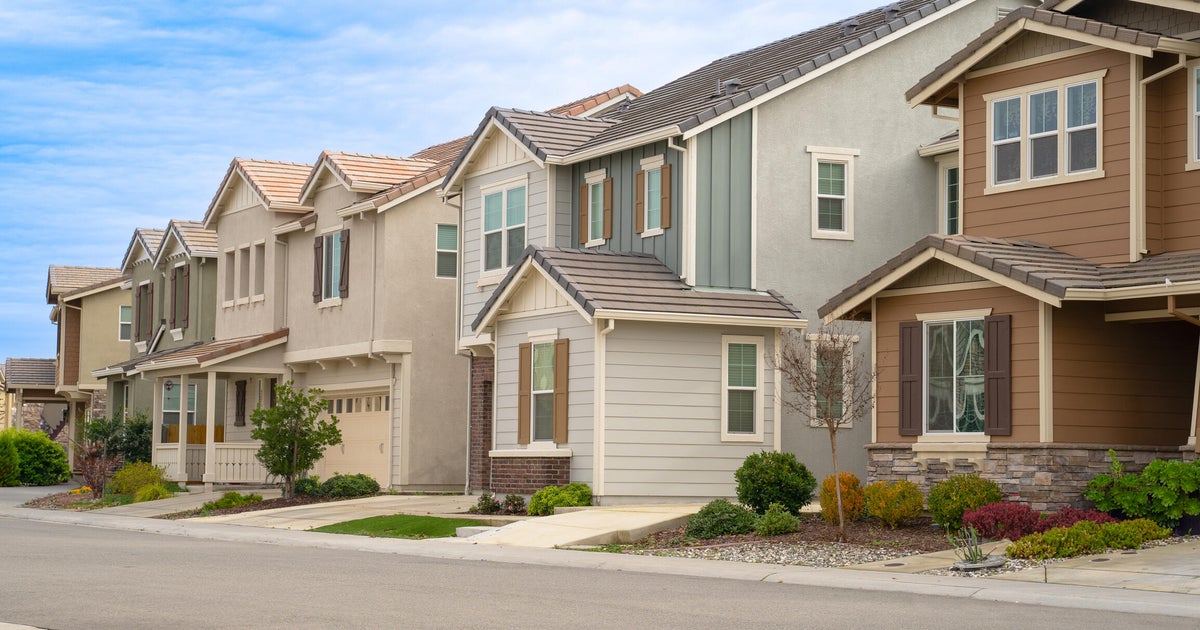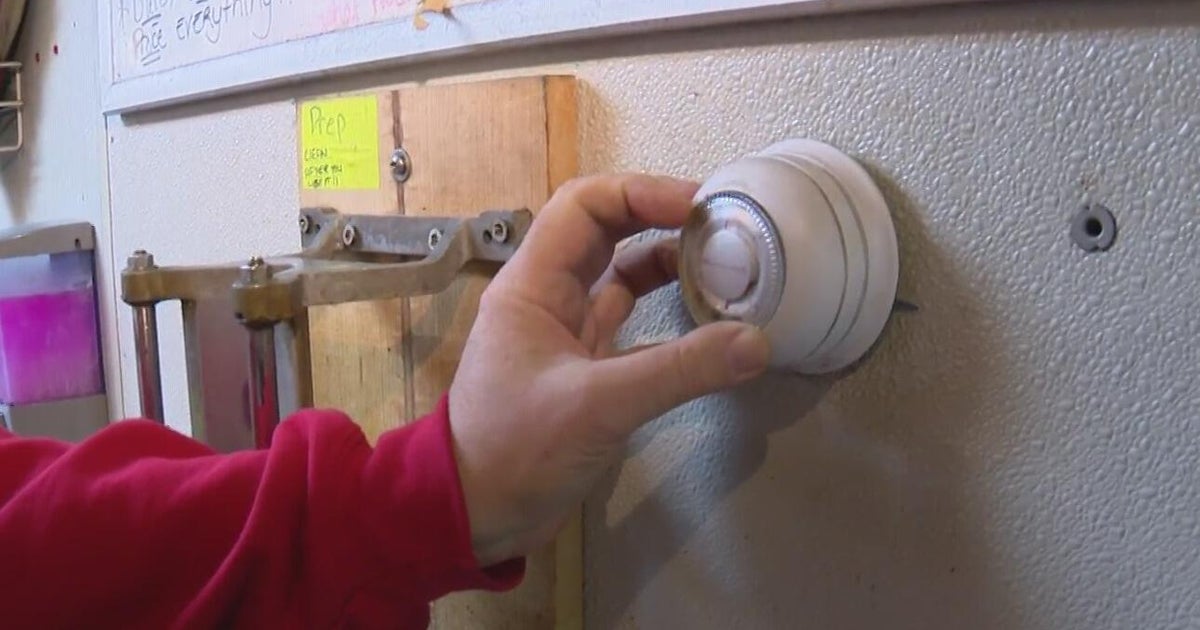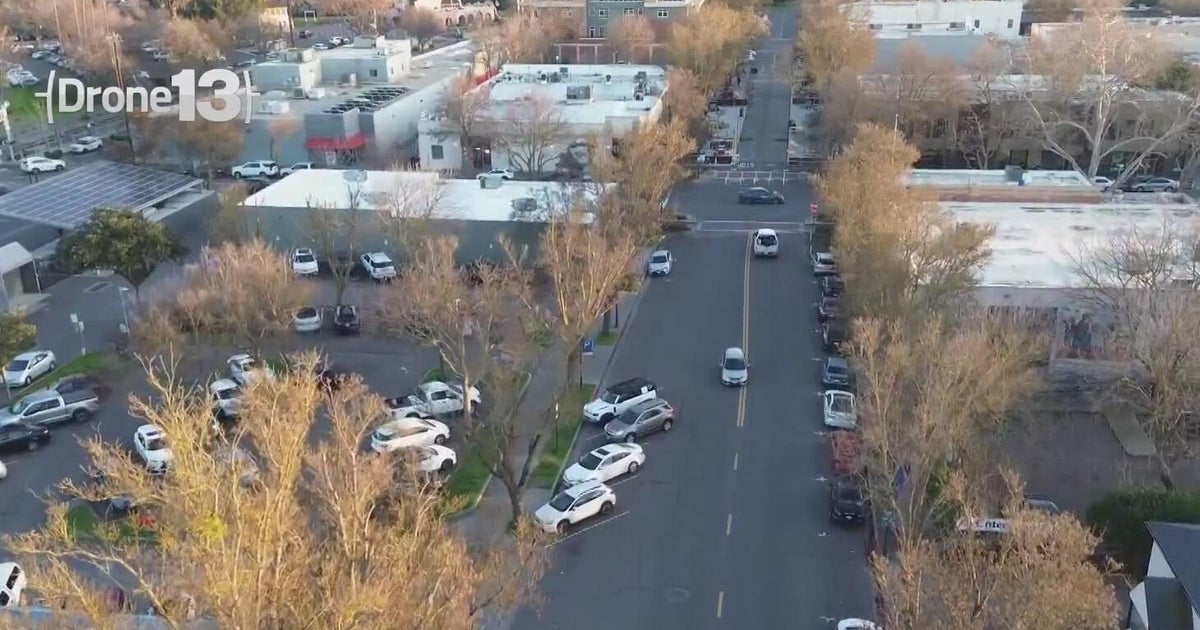Reverse mortgage vs. cash-out refinance: Which is better?
Faced with higher costs ranging from gas and food to credit card and utility bills, many Americans are searching for ways to access extra money. For homeowners with substantial home equity, two options are stepping into the spotlight: reverse mortgages and cash-out refinances.
These financing choices can offer a lifeline to homeowners by allowing them to access the equity in their homes for funds to cover large expenses or handle unexpected costs. However, they're not for everyone. Before signing on the dotted line it helps to take a closer look at reverse mortgages versus cash-out refinances, how they work and who they might benefit the most.
Explore your mortgage refinance options here now to see what you're eligible for.
What is a reverse mortgage?
A reverse mortgage is primarily designed for older individuals in retirement who need extra funds to handle daily expenses who want to tap into their home's value without having to sell it. As such, this home loan allows homeowners aged 62 and older to access their home equity.
But unlike a traditional mortgage in which you must make monthly mortgage payments to your lender, a reverse mortgage takes part of your home equity and converts it into cash for you. You can receive the funds as a fixed monthly income, a line of credit or a lump sum payment.
One of the primary benefits of a reverse mortgage for older homeowners is that you don't have to pay back the loan as long as you continue to live in the house. However, you must repay the loan if you sell your home, move out or pass away. At that point, the loan must be repaid, which is commonly done by selling the home.
When it may be better to open
A reverse mortgage can be a good option for homeowners without the income needed to qualify for a loan requiring immediate repayment, like a cash-out refinance, home equity loan or HELOC. Reverse mortgage loans can also be beneficial if you have substantial equity in your home but need help to cover your everyday expenses. You can get the financial relief you need without leaving your home.
"This is the only mortgage you can take out where you are not required to make payments while you are alive and living in the home," says Craig Garcia, president of Capital Partners Mortgage Services, LLC. "There is no other way to do this. A reverse mortgage is not the cheapest money you can borrow, but it's the only money you can borrow and pay back later when you sell or pass away."
Garcia adds: "That interest can be deferred indefinitely. You retain the ownership of the home also, contrary to the perceptions of some."
Explore your mortgage options here now and learn more.
What is a cash-out refinance?
Like a reverse mortgage, a cash-out refinance is a home loan that enables you to access your home's equity for the cash you need. Cash-out refinances are a popular financing option used to pay off high-interest debt, cover home improvement projects or fund large purchases.
A cash-out refinance works by swapping out your existing mortgage with a larger one that may have a new interest rate, repayment term and monthly mortgage payment. Since the cash-out refinance is for more money than your existing balance, you get to keep the difference in cash. Keep in mind, a larger balance will usually increase the amount you pay over time, even if your new loan carries a lower interest rate.
You'll need substantial home equity to be eligible for a cash-out refinance, with most lenders limiting your borrowing limit to 80% of your home's value. This amount includes your current loan's balance plus the equity you wish to tap into for funds.
When it may be better to open
Cash-out refinances are a good option when interest rates are lower than when you first took out your original mortgage, which may save you money in interest payments over the life of the loan. A cash-out refinance can make sense if you have a steady income and can comfortably afford the payments. By contrast, a reverse mortgage doesn't require monthly payments, which is why many retirees prefer them.
Cash-out refinances can be wise if you want to reduce your mortgage term, switch from an adjustable-rate mortgage to a fixed-rate one or transition from an FHA loan with mortgage insurance to a conventional mortgage without the extra insurance cost.
Check your refinance options here now.
The bottom line
As with any home loan, it's wise to shop and compare interest rates and repayment terms from multiple lenders to find the best loan for your circumstances. Pay particular attention to closing costs which can offset the amount you receive from your equity. For example, the loan origination fee for a reverse mortgage can range from $2,500 to $6,000, while closing costs for a cash-out refinance range from 2% to 6% of your new loan amount.
While both a reverse mortgage and cash-out refinance allow you to tap into your home's equity for a wide variety of needs, deciding which is best for you will depend on your unique circumstances. As such, consider consulting with your financial advisor or tax professional before making your decision, as they can help provide guidance based on your specific situation.






